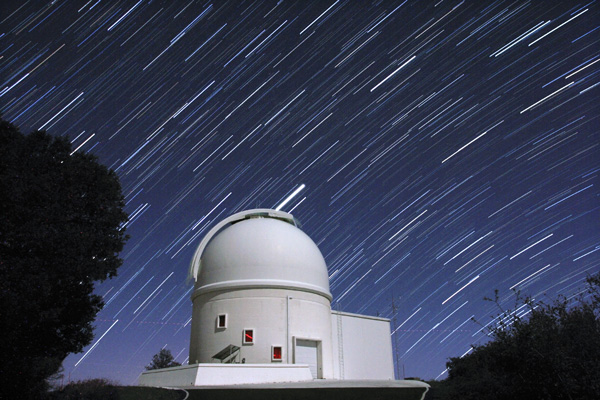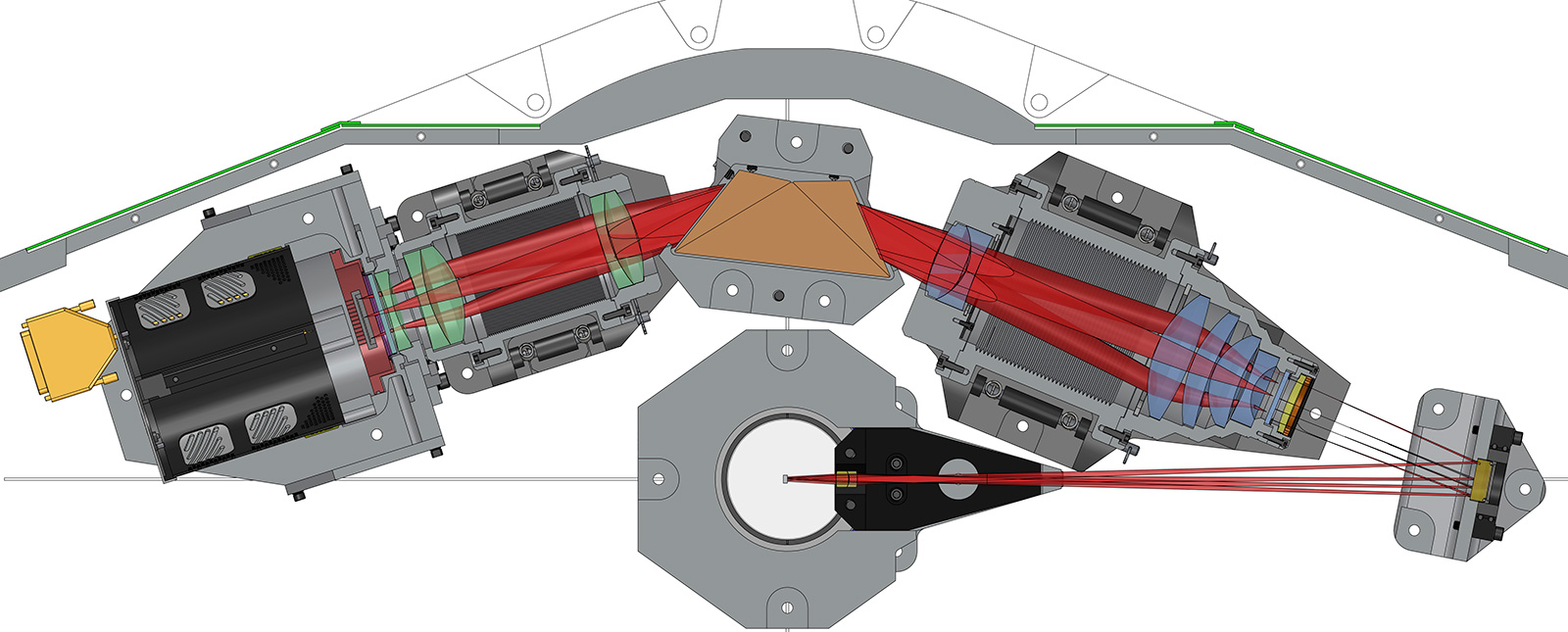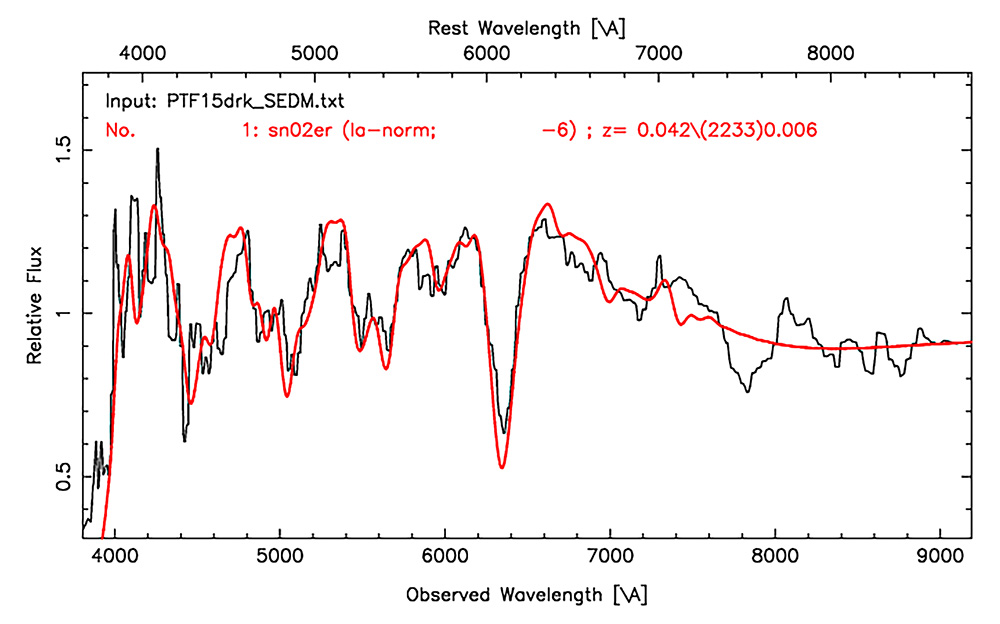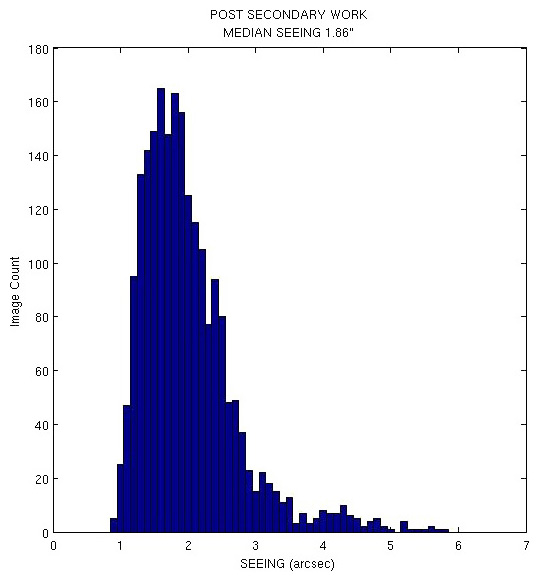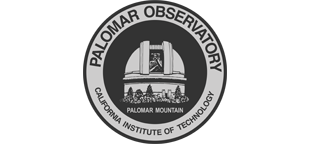
|
|

|
P60 Observer Information
P60 Telescope
Since 2004 the Palomar 60-inch telescope (P60) operates exclusively in a robotic, queue-scheduled service-observing mode. Allocation of P60 observing time is handled through the appropriate time allocation process for eligible constituencies.
Caltech observers can find P60 proposal information at the COO Solicitation Page.
P60 Instruments
P60 facility instruments are the SED Machine (SEDM) low-dispersion integral field spectrograph and imager, and the older CCD optical camera. Both instruments operate in a queue-scheduled robotic observing mode.
Starting in 2017A the default P60 instrument is SEDM.
SED Machine
SEDM is a combined low-dispersion (R ~ 100) integral field spectrograph and simultaneous four color (Sloan u, g, r, and i) imager that is seeing-limited. SEDM has been declared in facility status. New SEDM users should consult the SEDM website for general instrument information, and the SEDM Quick Start Guide for information on SEDM observation planning. See Blagorodnova et al (2018), The SED Machine: A Robotic Spectrograph for Fast Transient Classification for details.
Facility Optical Camera
P60 also supports a facility CCD optical camera. It operates in a seeing-limited mode (median delivered image quality ~ 1.9″ following the secondary mirror mount refurbishment completed in early 2012).
The facility optical camera has a 2048 × 2048 pixel focal plane with 24 µm pixels (0.378″/pixel plate scale). Standard filters for the facility camera include Johnson U, B, & V; Kron-Cousins Rc & Ic; all five SDSS bands, Thuan-Gunn g, and Hα. Observers should consult these notes on P60 facility camera filters.
A comprehensive description of the P60/facility camera system is provided by Cenko et al 2005.
Instructions on composing a P60 Optical Camera Robot target list are given in this P60 Quick-Start Guide, and in more extended form in Fox 2004. Please also see these sample P60 observing templates.
Authorized users with questions about P60 observing should contact the Palomar support team.
Questions? We've answered many common observing and operations questions in our observer FAQ page.
Please share your feedback on this page or any other Palomar topic at the
COO Feedback portal.
P60 Observer / v 1.2.3
Last updated: 3 February 2021 AFB/ACM
|
|
|
